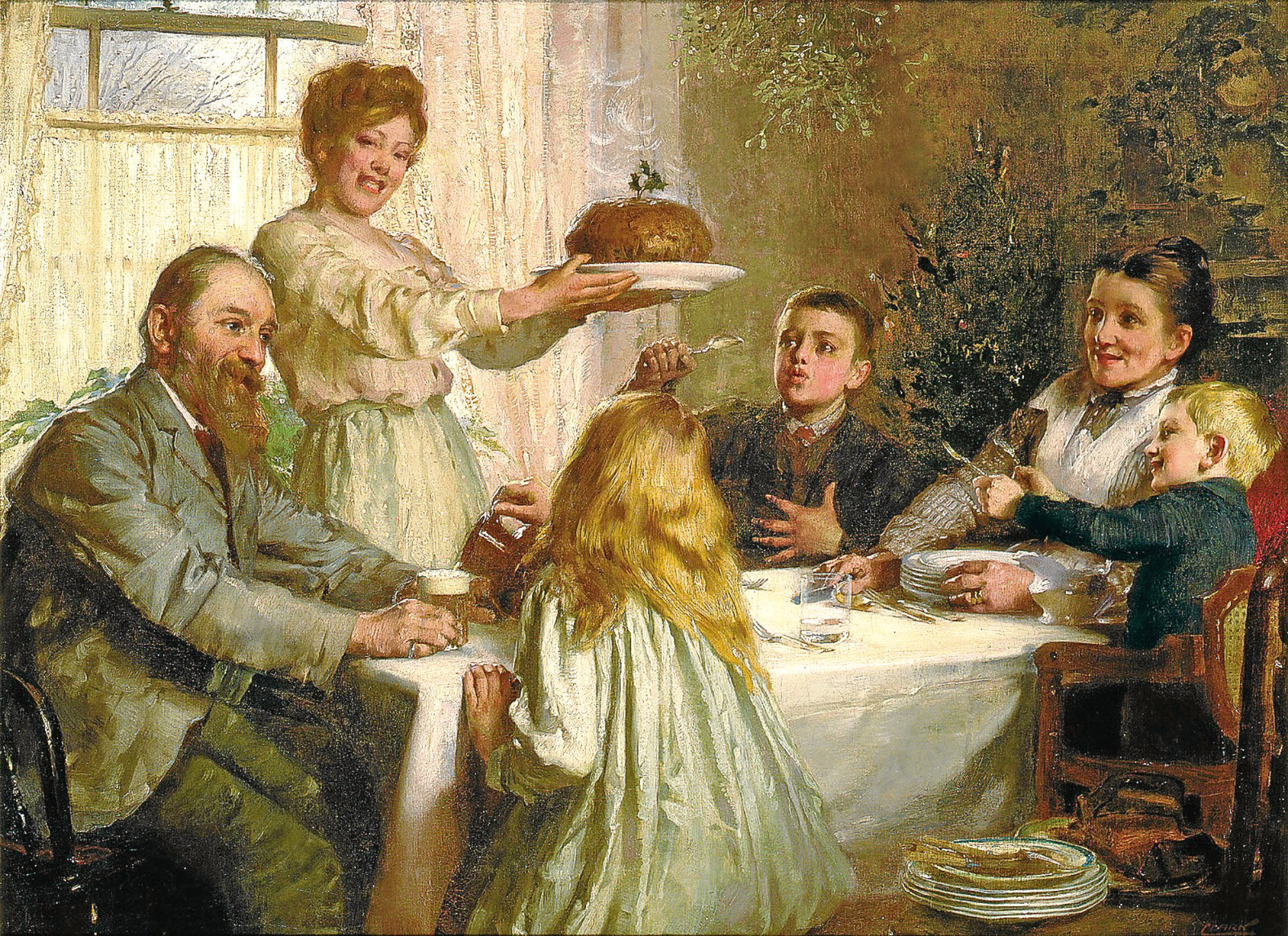
IN the days when the British Empire’s influence spanned the globe, the food produced was massively important.
Lizzie Collingham, author of new book The Hungry Empire (Bodley Head), told Bill Gibb the Honest Truth about how our food quest shaped the modern world.
What’s the book about?
It’s the history of food in the British Empire in 20 meals.
I’ve looked at how the quest for food motivated people to explore and found the Empire as part of that.
That might be the fishermen who went in search of catches and ended up with the settlement that became Newfoundland.
Or the poor in the 19th Century who found one of the attractions in New Zealand or Australia or America was that they could put food on the table for their family.
What part did sugar play?
In the early 17th Century explorers decided to settle Barbados.
The crop they find there is sugar and they send back millions of barrels to Britain. Before then in came from Brazil, controlled by the Portuguese and then the Dutch, so it was very expensive.
Suddenly we had our own crop, the price fell hugely and it became a staple part of the diet and a major part of the economy of the Empire.
That’s the sugar, what about the tea?
The British discovered tea in China but the Chinese didn’t really want the things the British East India Company wanted to trade for it and asked for silver instead.
Noticing the Chinese really liked opium, the Company took over opium production in Bengal and then sold it to smugglers who took it into China and then used those funds to buy tea.
So that’s how opium in the Empire got our cuppa!
You mentioned poverty driving emigration in the Empire.
Indeed. Many labourers in Britain were so poor they were living on what was called “tea kettle broth” which was basically water dyed black to look like tea.
They heard tales from all these places in the Empire of emigrants having beef and lamb and their children no longer being hungry.
The dream that saw them moving round the Empire was of having land and feeding their family.
And the impact of food coming from the colonies?
The repeal of the Corn Laws in the mid-19th Century meant you could import wheat, which really brought down the price of bread.
And the invention of the steam engine allowed for the fast transportation of meat across the country.
And chilled and then frozen cargo meant the likes of lamb from New Zealand could be shipped all the way here.
That really changed the diet and eating habits of the working classes.
How did the Empire support Britain during the Second World War?
Shipping imports were cut from 22 to 11 million tons so we had to find more efficient ways of using those cargoes.
For example fresh meat was made into things such as corned beef from Argentina.
And butter and cheese were condensed from Australia and New Zealand and palm oil from West Africa was made into margarine.
It was these places finding new ways of getting their produce to us that helped us through.
The Empire rallying round was critical.
And Christmas has an Empire link?
The Victorians reinvented Christmas and made it into a cosy family celebration.
Magazines like Punch published plum pudding recipes, which was a national dish.
But that was only because of all the imports like raisins, currants and spices.
It was an emblem of Victorian Britain’s dominance of the world.
And in the 1930s you had Christmas pudding recipes published everywhere highlighting how you could entirely make your pudding with stuff from the Empire.
You were being really patriotic if you stayed within Britain’s trading world.

Enjoy the convenience of having The Sunday Post delivered as a digital ePaper straight to your smartphone, tablet or computer.
Subscribe for only £5.49 a month and enjoy all the benefits of the printed paper as a digital replica.
Subscribe